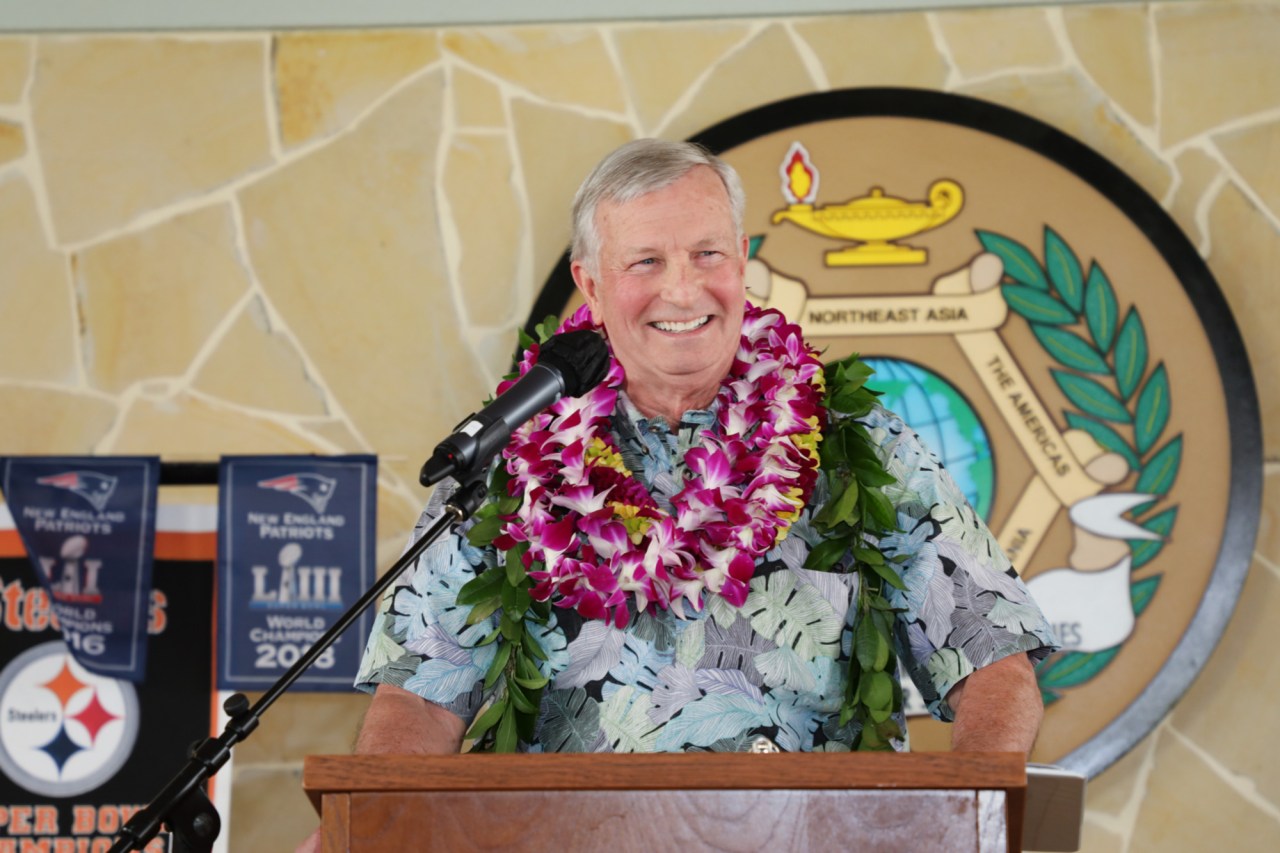
Richard Sears, the Center’s Dean of Admissions and Business Operations, retired on December 31, 2022. Sears served at the Center for over 20 years and previously for 30 years in the United States Navy.
A naval aviator and a graduate of the U.S. Naval Academy, he came to the Center in 2002 for his final active duty assignment. As Chairman of the Department of Transnational Studies, he established the Center’s Counterterrorism program. In 2006, he received his first retirement from active duty service. As a government service civilian he took on the newly established role of Dean of Admissions and Business Operations (DABO).
As DABO, Sears led multiple departments responsible for ensuring the Center’s day-to-day operations. His responsibilities included resource management, human resources, information management systems, infrastructure, global workshops, the research library, and admissions. Throughout the years, Sears made several improvements to the Center that significantly improved its infrastructure and operations. In 2010, he secured funding for Maluhia Hall, the Center’s 10,000 sq. ft. conference center that doubled the Center’s capacity for Fellows. Looking back, Sears reflects proudly on Maluhia Hall’s innovate design that was completed under budget.
In October 2008, Sears recognized that administrative assistants were spending significant time trying to coordinate staff travel. He created the Travel Division with experts who efficiently coordinate travel for Fellows, staff, and Faculty.
In 2006, he spearhead the Regional Center Persons Activity Management System (RCPAMS). This desktop tool provides users a snapshot of all the Fellows who attend the Center’s courses and workshops. Since 2006, RCPAMS has gained widespread use by various agencies across the Department of Defense.
Most recently, he led the Center through the global pandemic. When the pandemic forced the staff to work remotely, he led a team that ensured that the Center’s facility met the most up-to-date health and safety protocols. Under his leadership, the Center renovated its air filtration system, instituted temperature screening devices and space limitations, and placed appropriate signage throughout the facility.
While his efforts throughout the years have contributed to the Center’s reputation as a world-renowned institution, he takes little credit. He holds to a value he learned early on as a midshipman in the Naval Academy.
Says Sears, “It is not about me. It’s about ‘we.’”
When looking back at his time at the Center, he takes the most pride in hiring people who contribute to the Center’s unique culture. For Sears, the people who fit best at the Center embody the values that the Center seeks to instill in its Fellows: mutual respect, transparency, and collaboration.
“If there’s anything I’m proud of, it’s the people and the culture we’ve been able to uphold,” says Sears. “We work as a team. Everybody offers different talents at different times. Sometimes you’re the most important. Sometimes you’re the least important. Everybody is essential.”
When asked why he chose to stay at the Center for so long, he credits the Center’s valuable mission and a work culture that has made coming to the office enjoyable.
Says Sears, “When you take the summation of the best people with an important mission, working as a team, and add trust, you get success.”
Amongst other awards, Sears received the World Excellence Award presented by the Defense Security Cooperation Agency. He also received a congratulatory letter from Brian Schatz, U.S. Senator.
Originally from New England, he is renowned for his fandom of the New England Patriots. He retires to Mililani, Hawaii, with Carol, his wife of 40 years, and his son Richard. His daughter, Christina, carries on his legacy and currently serves as an officer in the U.S. Navy.



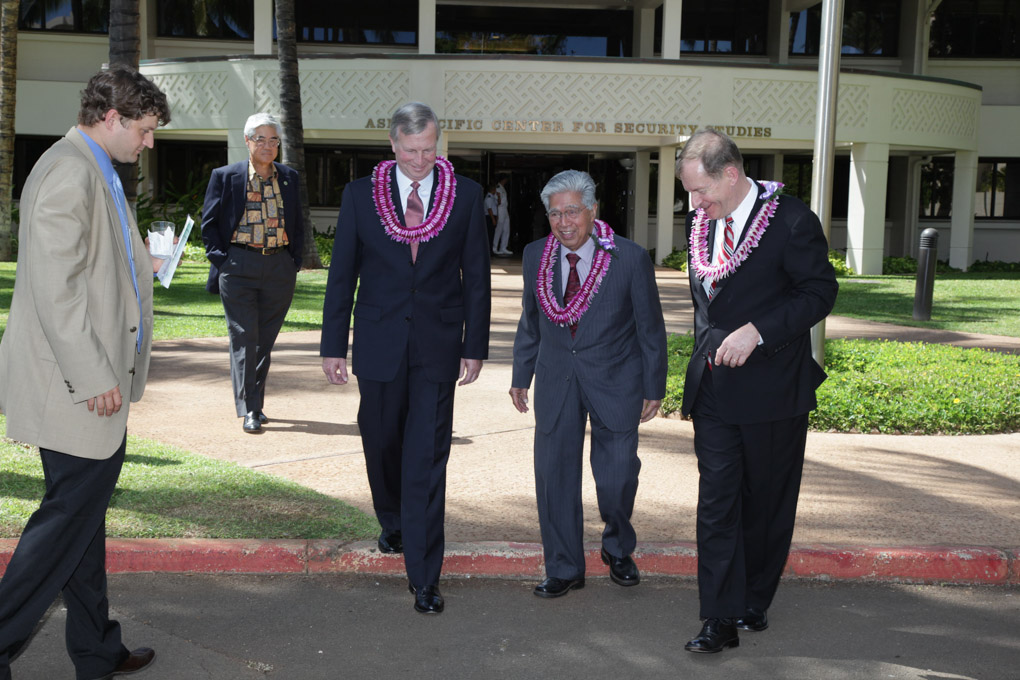
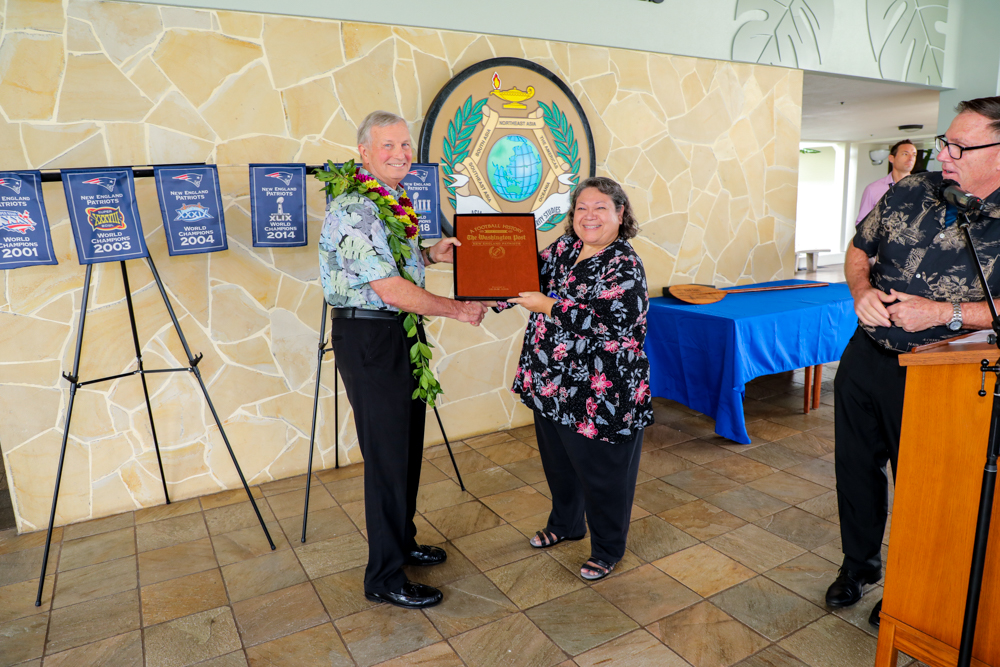
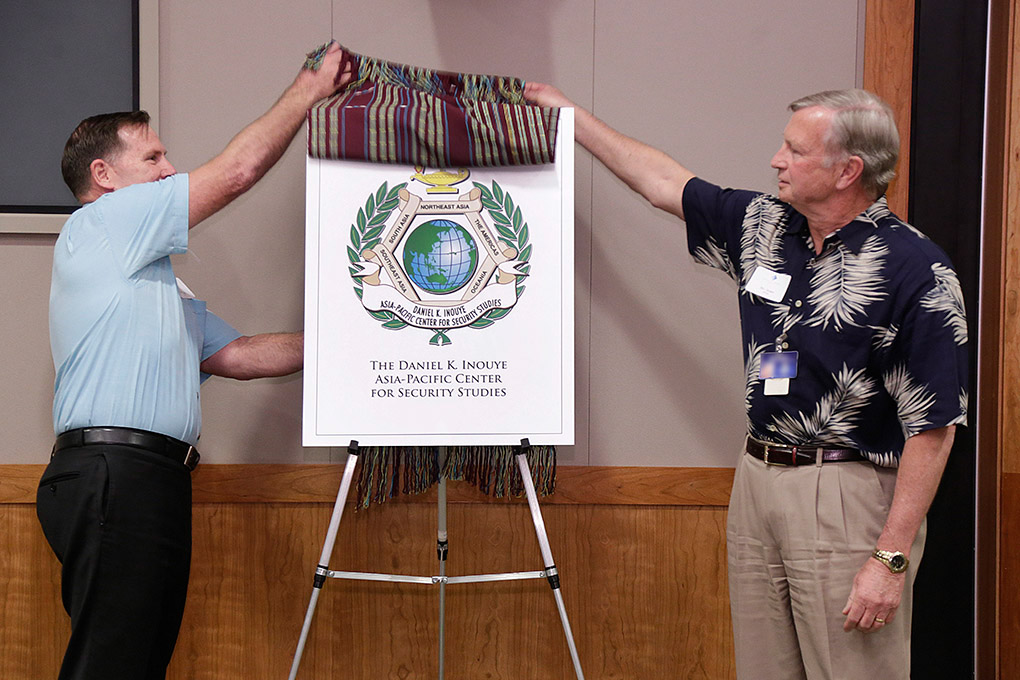
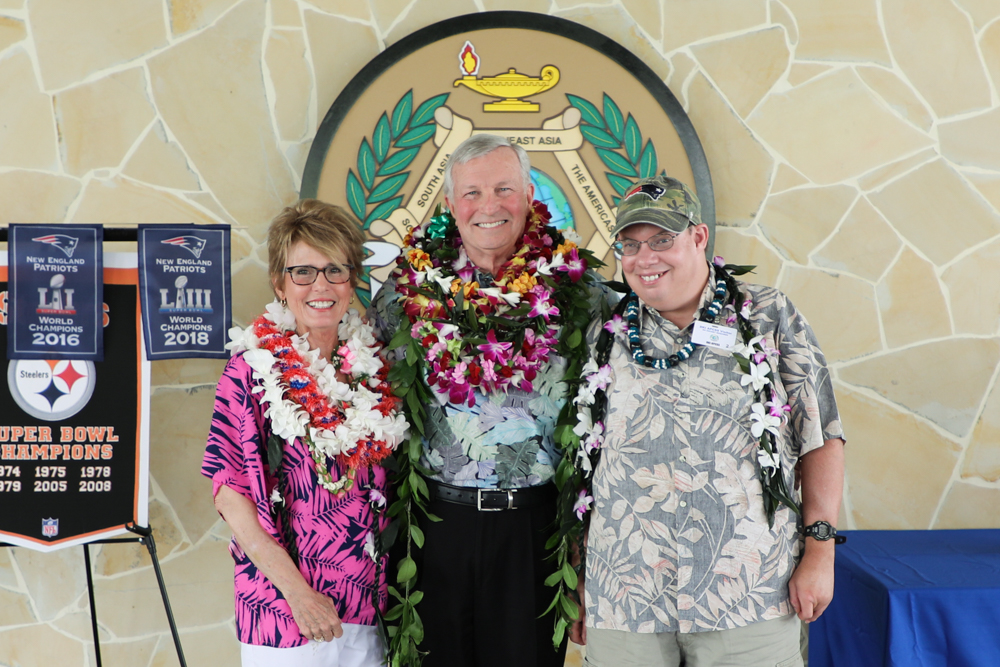
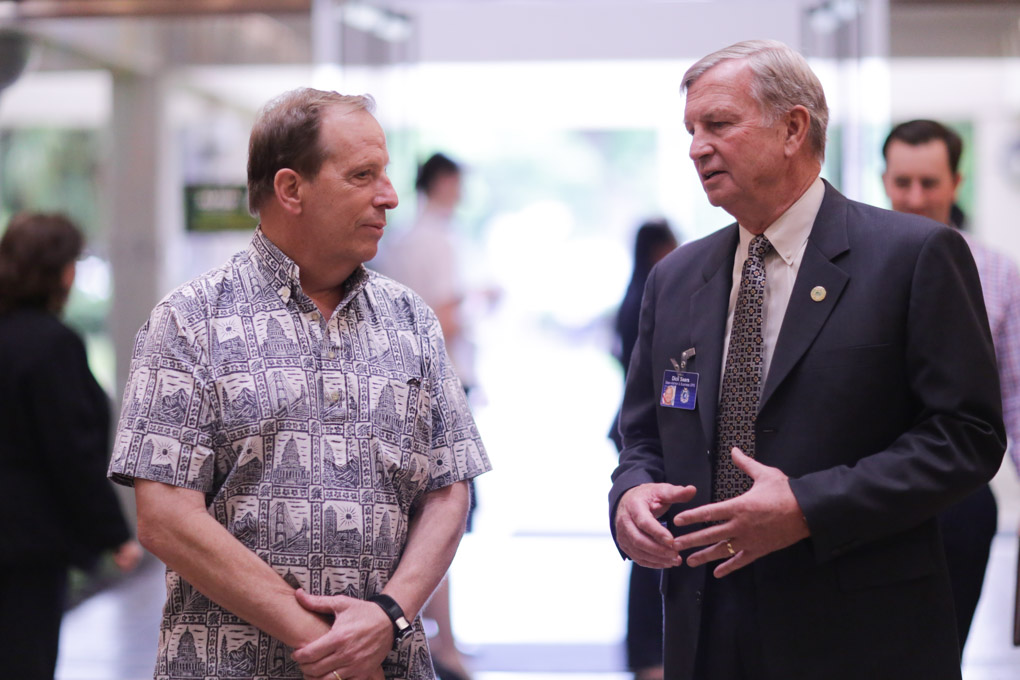

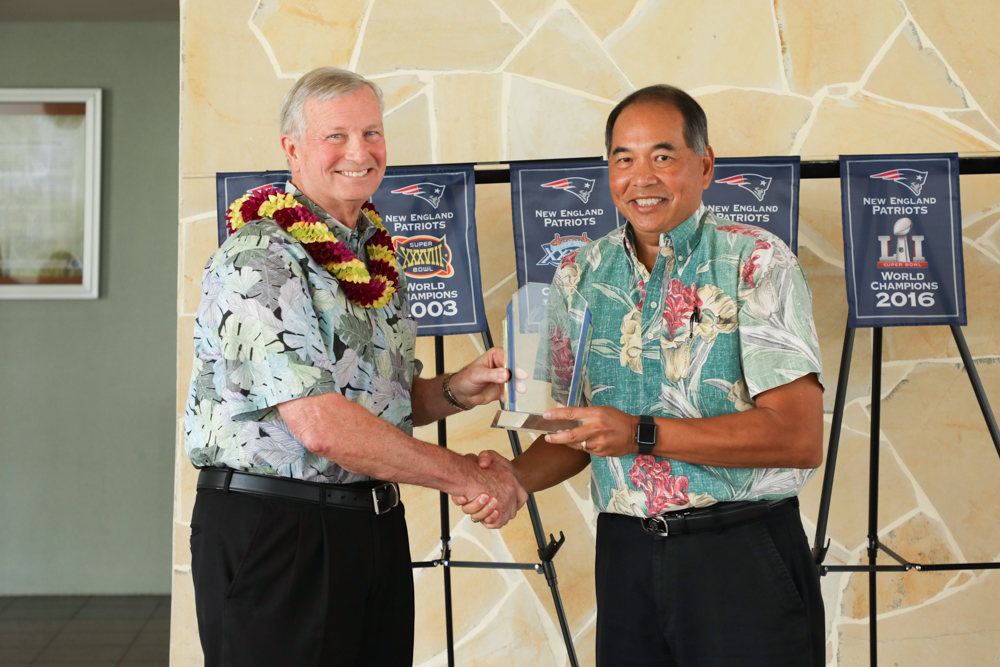
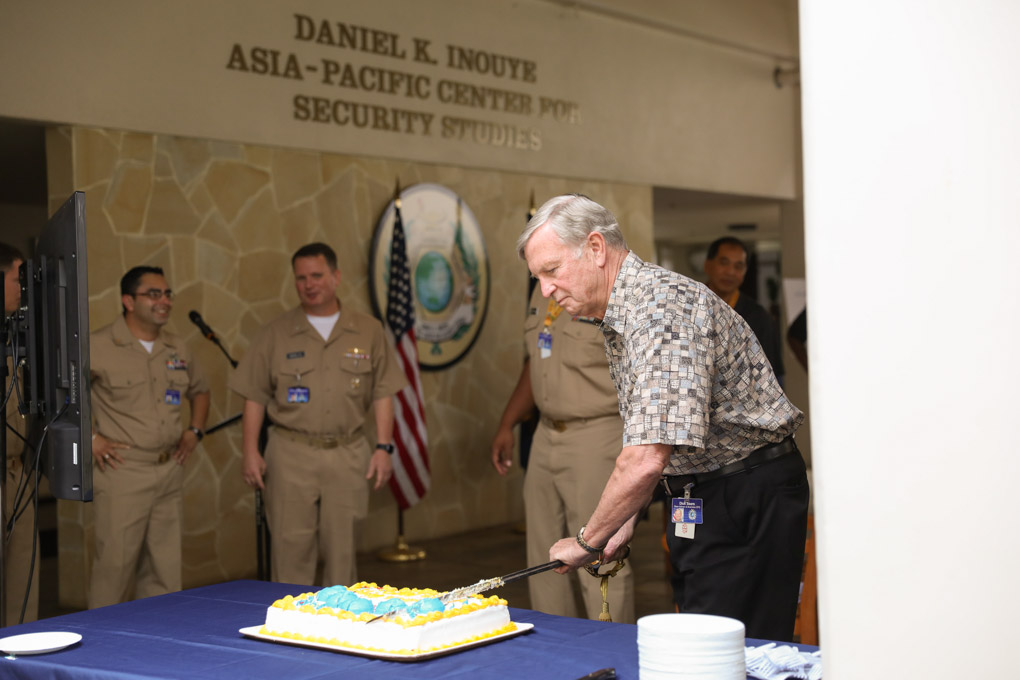
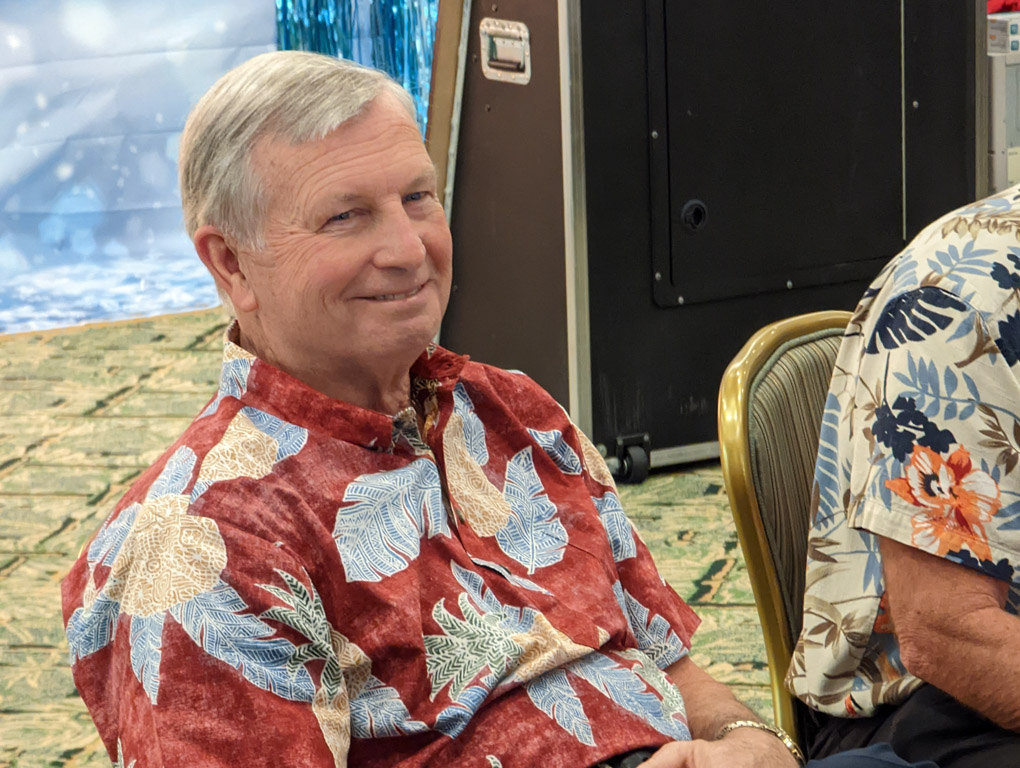
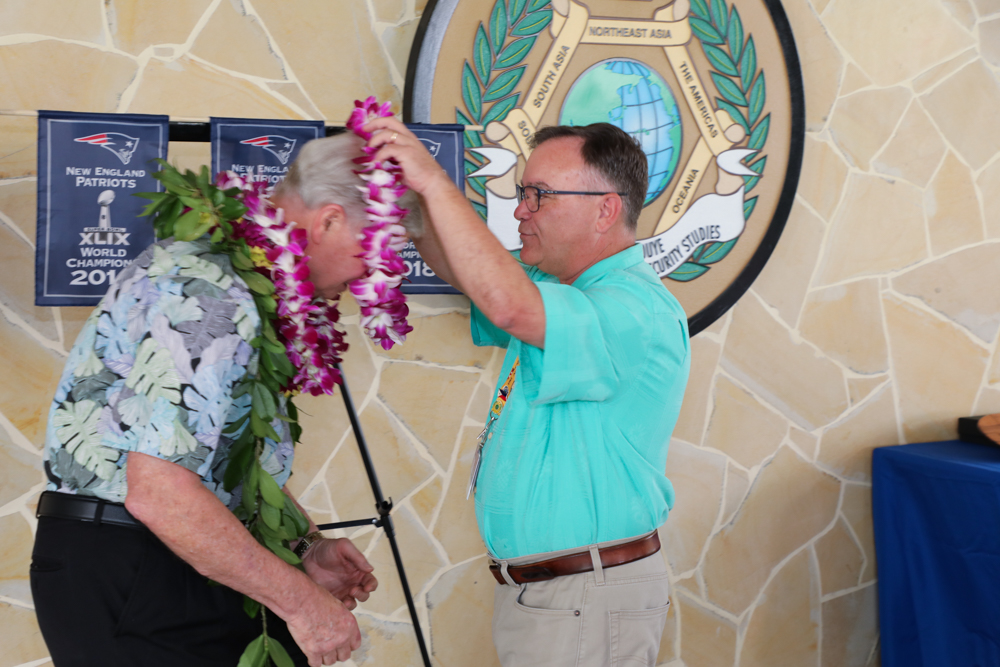
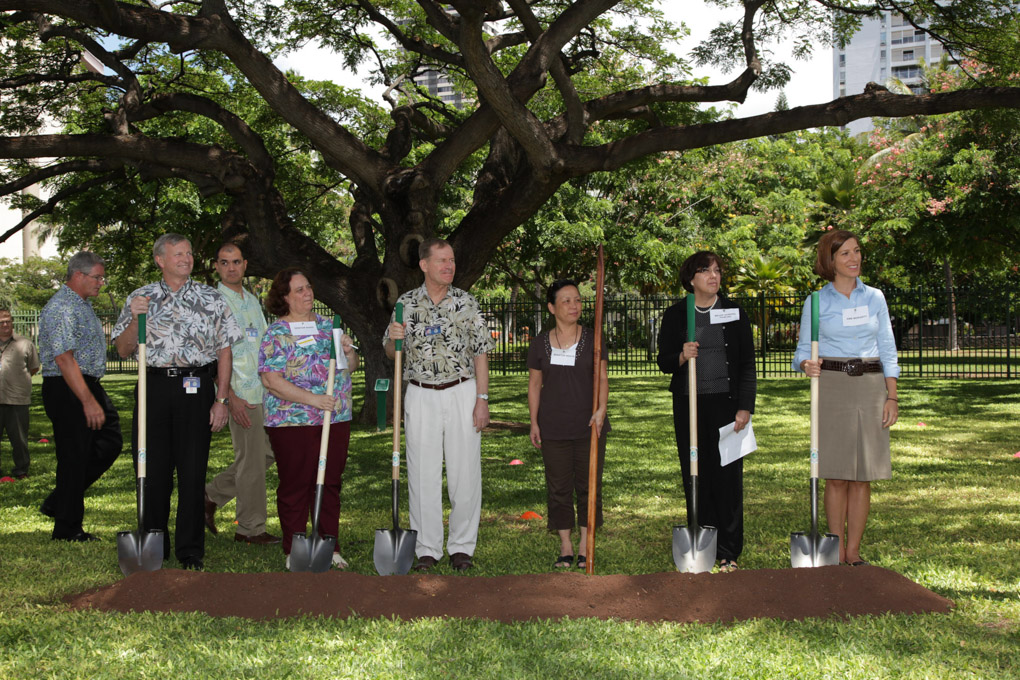
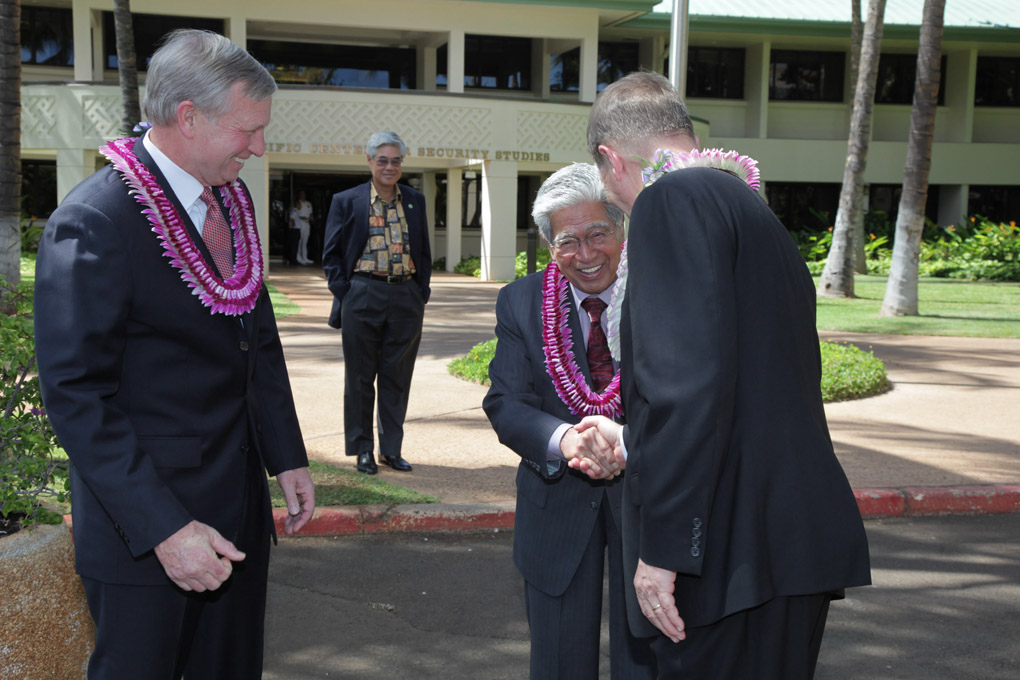
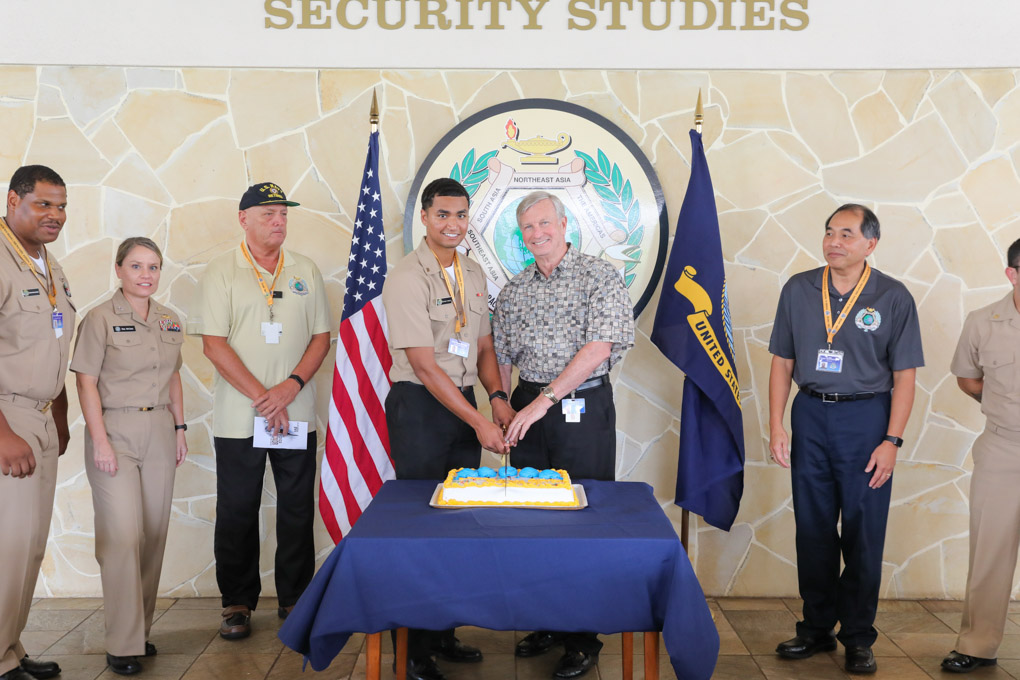


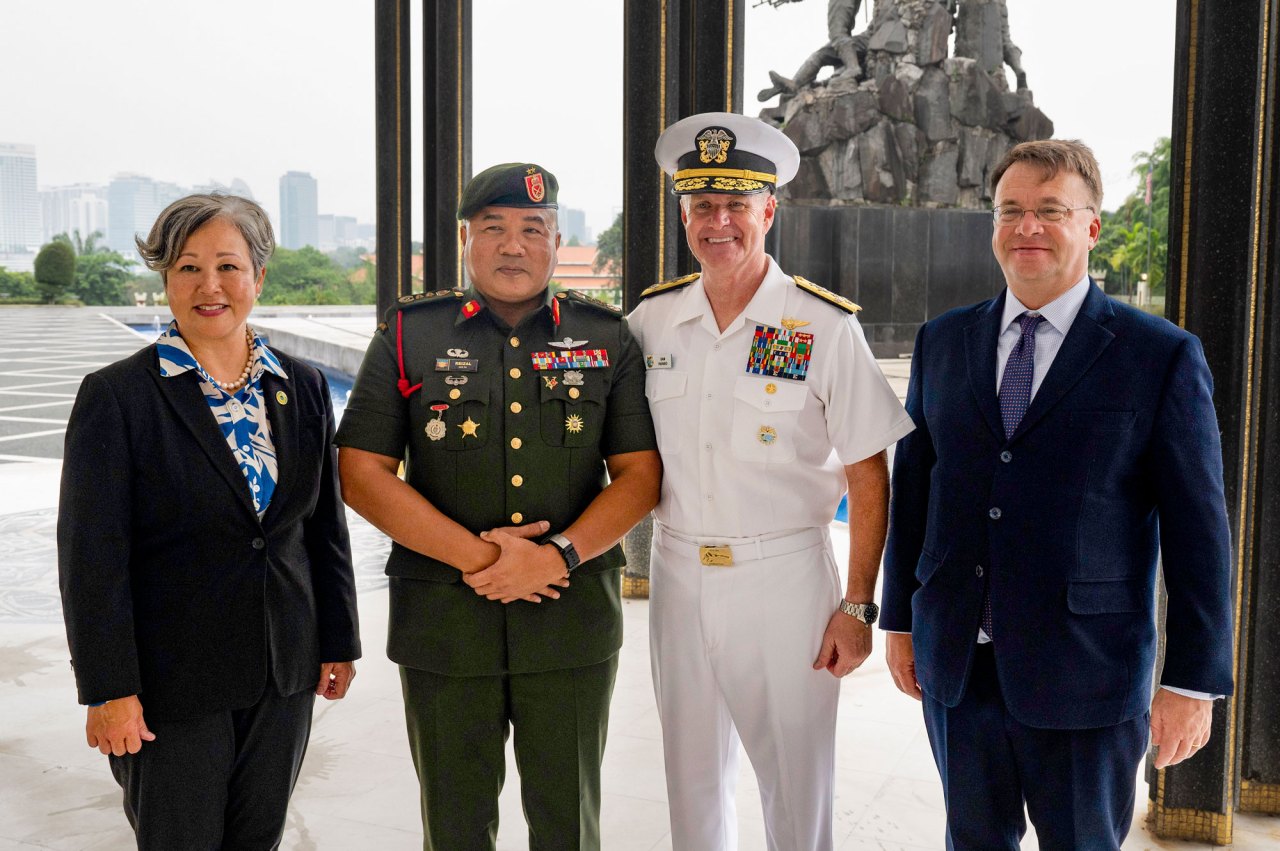




This is a heartfelt and well-written tribute to Richard Sears, who has recently retired from his position as Dean of Admissions and Business Operations at the Center after 20 years of service. The author does a great job of highlighting Sears’ many accomplishments throughout his tenure, including his role in establishing the Center’s Counterterrorism program and his contributions to improving the Center’s infrastructure and operations. It’s clear that Sears was a dedicated and hardworking member of the team who always put the needs of the Center and its mission first.
It’s also evident that Sears was well respected among his colleagues and that he was a leader who valued teamwork and collaboration. His emphasis on hiring people who fit the Center’s culture and values is admirable, and it’s clear that his contributions to the Center’s success will be missed. On behalf of the community, we would like to extend our heartfelt congratulations to Mr. Sears for his well-deserved retirement and for his impressive service throughout his career.